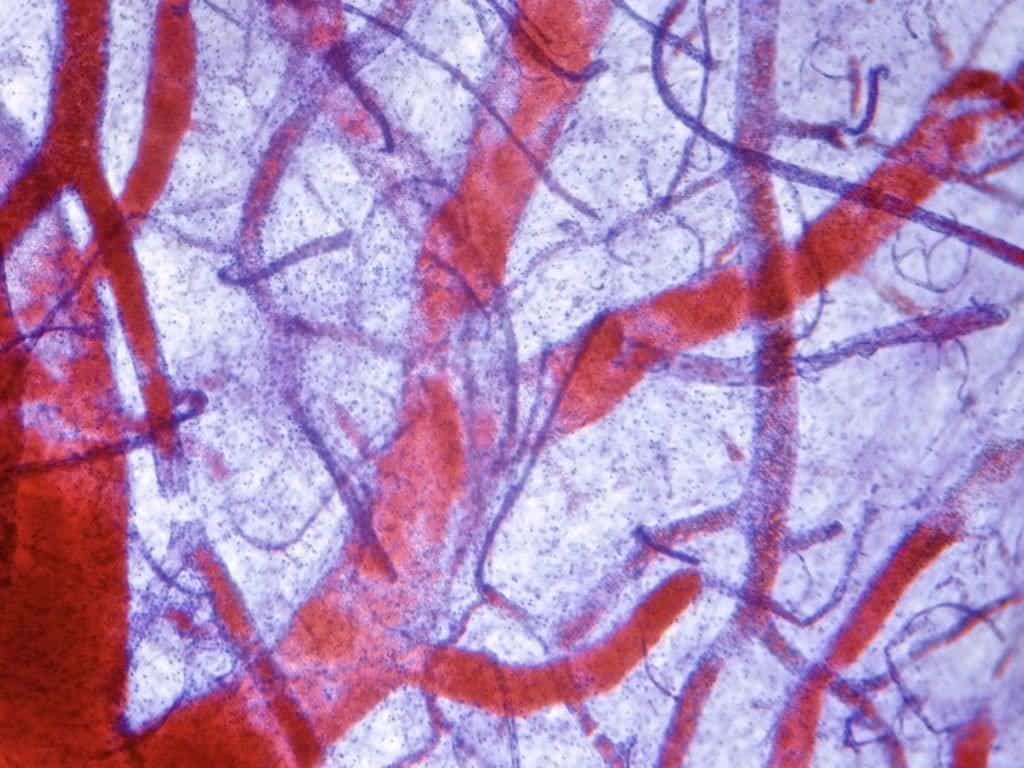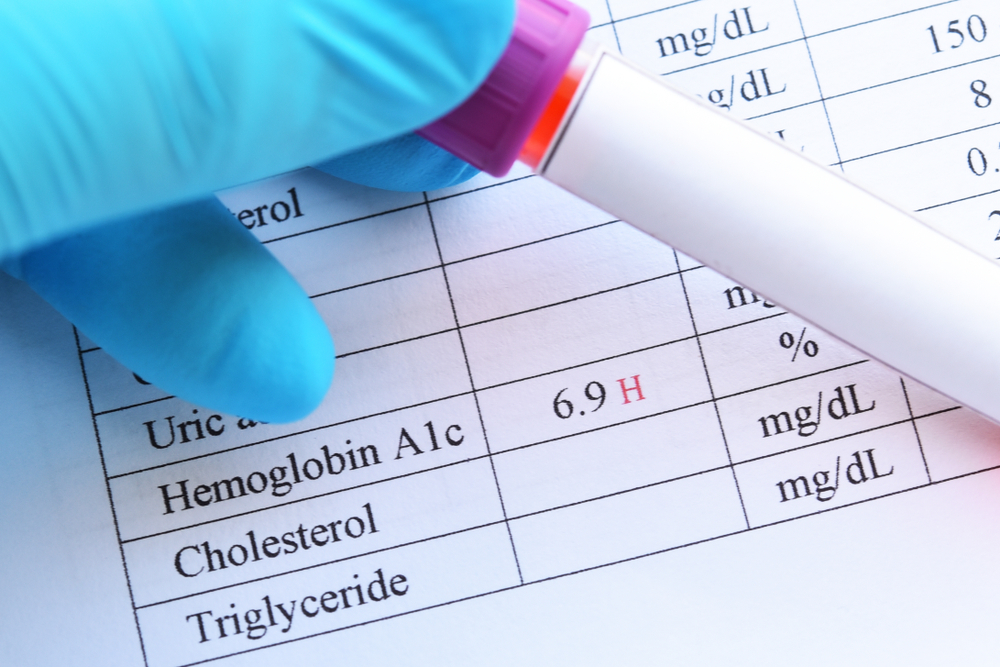Contents:
- Medical Video: Top 10 Deadliest Street Drugs
- What causes a person to be more susceptible to being addicted?
- 1. Genetic factors in the family
- 2. Having experienced addiction at a young age
- 3. Having habits does not solve problems
- 4. Live in a troubled family environment
- 5. Have a history of mental disorders
- 6. Have impulsive nature
- 7. Always want a certain sensation
Medical Video: Top 10 Deadliest Street Drugs
If someone experiences addiction or addiction, that means they have lost control of what they are doing, until they do so excessively or even to the point of being dangerous.
What causes a person to be more susceptible to being addicted?
The emergence of addiction can come from various things, ranging from substances that cause dependency effects such as alcohol and cigarettes, to habits such as gambling, use gadget, play video games, sexual activity, to sports.
The process of the emergence of addiction to someone is something complicated. However, there are certain characteristics that make a person more susceptible to addiction, including:
1. Genetic factors in the family
Genetic factors in a person determine how they behave and respond to something that has the potential to create an addictive effect. So, if someone is born of parents who have a history such as alcoholism, their risk of also experiencing alcohol addiction will increase.
Even so, people who have genetic factors can still avoid addiction by minimizing exposure to substance or behavior that can cause addiction.
2. Having experienced addiction at a young age
The brain at a young age, as in adolescents and children, is still in its infancy. However, this causes them to try new things and take risks, because their brains do not yet have the perfect part to pause and consider the risks involved.
It also causes dependence at a young age, such as addiction to cigarettes or alcohol, causing them to be more likely to experience dependence again in adulthood. This is reinforced by data from the National Institute on Alcohol and Drug Abuse in the United States which shows that 40% of individuals who have tried alcohol consumption when under the age of 15 will become alcoholics in adulthood.
In addition, having one type of addiction can also trigger other addictions. For example, people who are addicted to cigarettes will find it easier to experience alcohol addiction later on.
3. Having habits does not solve problems
Escape from a problem without trying to solve it is one of the causes for someone to do risky behavior, such as smoking and consuming alcohol, which they consider to be able to calm and forget their problems. What's more, it can lead to depression and anxiety that can worsen an addiction or trigger new addiction.
4. Live in a troubled family environment
Parents who experience drug dependence and alcohol are one of the causes of dysfunction in the family, because it will trigger violence and family atmosphere that is not conducive. The environment also increases the risk for their children to experience drug dependence and alcoholism, because of the psychological effects experienced such as anxiety and feeling inferior.
In addition, the impact of trauma in childhood can also affect the chemical structure of the brain which plays a role in the formation of a person's behavior, thus causing them to have more dependency behavior.
5. Have a history of mental disorders
Individuals with mental disorders such as trauma, anxiety disorders, depression, and bipolar disorder tend to have a poor ability to deal with stress. As a result, they tend to not be able to think long and instead be controlled by emotions, so it is more risky to try substances and activities that can cause dependency.
6. Have impulsive nature
The impulsive nature of a person tends to not think long about what is done. This is a nature that increases the risk for someone experiencing addiction, because when they feel a desire, they will immediately do it without thinking. This can develop into dependency habits and behavior.
7. Always want a certain sensation
The pleasure that appears as a brain chemical reaction due to an increase in dopamine hormone, is something that someone who is addicted to is looking for. Someone who is easily addicted tends to feel the most intense sensation of dopamine when they try things that trigger it for the first time.
Addiction behavior is a mechanism that encourages someone to feel the sensation again, but at the same time, it triggers a tolerance effect so that someone needs more amount or intensity to feel the sensation.












